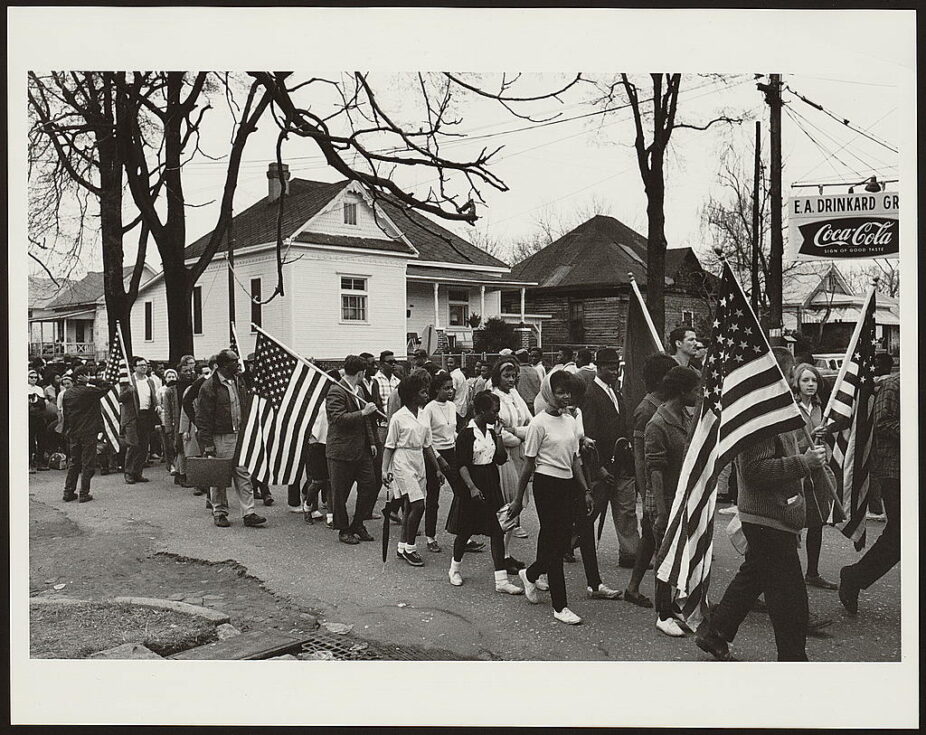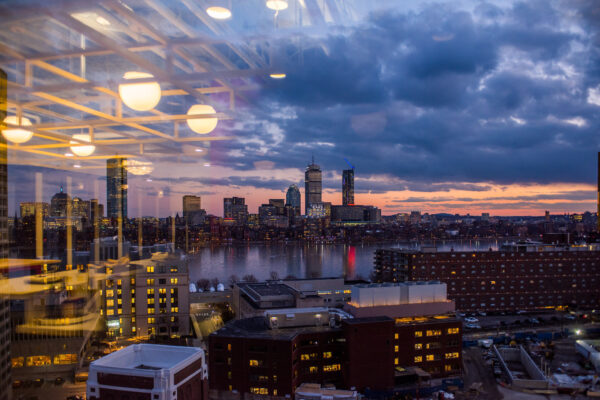Today, we feature a post from a Guest Blogger; it was written by CIC St. Louis’s Ian Reed.
At CIC, we tend to use lofty language. We talk about “fixing the world through innovation” and improving the human condition. Our goal is to create communities that connect resources, talent, and ideas in order to speed progress, and we came to St. Louis to do just that. But in light of recent events, I’ve found myself wondering: how do those ideas play out on the ground? How do concepts that serve innovation and design thinking improve people’s lives?
I’ve observed something while working at CIC St. Louis: innovation is iterative. It’s impossible to launch a company, product, or service that’s fully formed, and continued edits and re-imaginings are essential to staying relevant and effective. This principle applies as broadly as you’d like to look, all the way up to society itself. Our nation has gone through many iterations and disruptions to arrive at the present version, and there were serious bugs in the system along the way.
Major injustices took place throughout the founding of the US, and are still ingrained in its DNA. Millions of people were abducted in the Atlantic Slave Trade and brought to a new land against their will. About a hundred years after our founding, we recognized that this violated one of our core principles, equality, and legally ended slavery. This updated America was more in line with our ideals, but did not fully solve the problem.
Immigrants have been legally excluded or had their numbers limited due to suspicion and fear, a bug that is creeping back into our system now. Japanese citizens have been held in internment camps. Jim Crow laws and legal segregation, designed to maintain the established social order, began to be slowly addressed and dismantled. These “glitches” in society span from papal declarations in 1452 to realities we continue to face, like redlining or the racial wealth gap.
Like many cities, St. Louis is being called to actively fix these errors. They’re being addressed in the streets as I write.
Anthony Lamar Smith is the latest in a long line of people who did not receive the justice our country promised them. The Fifth Amendment of our constitution is meant to guarantee that no one will “be deprived of life, liberty, or property, without due process of law.” The Fourteenth adds that the state cannot “deny to any person within its jurisdiction the equal protection of the laws.” These amendments neither create a moral threshold to earn these protections, nor allow public servants to dissolve them at will.
This is how Anthony was failed. His death represents the injustice that’s brought me and thousands of others off of the sidewalks and into the streets over the past few days. This particular case, regardless of its specifics, reiterates a long history of oppression, and any choice that bypasses due process shows us, once again, how broken and unbalanced our justice system can be. These protests are a disruption created to call attention to this ongoing systemic racism, one of the deadliest (and most costly) bugs in the system.
It is possible to value policing and the lives of officers while expecting consistently excellent conduct. When done well, it’s a service that strengthens our communities and protects lives. Perhaps as policing continues to iterate, departments will innovatively incorporate cognitive science to address unconscious racial bias.
It’s also possible to support and take part in protests while expecting skillful organization and a lack of violence. May our efforts for racial equity be iterative and innovative as well.
The situation we find ourselves in is complex, but beginning where things are messy often leads us to the best outcomes. In the same ways an early startup needs the most attention (the most love, if you will) during its messy phase, so too do we need to meet this city and these protestors with compassion and attention.
When we don’t know where the answer lies, all we can do is start with an informed view and begin to walk toward our best available option. Then we take stock of what we learn, adjust, and start out again. I hope we will all take on the challenge to create innovative, iterative solutions for the problems facing our city and country today. Together we can create the best possible version of America.
CIC is always working to better live out our values and mission. Our St. Louis staff recently formed an internal Racial Equity Team to address the ways racism and white supremacy affect the community we’re building. We’re committed to continual learning and assessment of our spaces and policies to ensure they serve all people well. As our CEO and Founder Tim Rowe stated in response to the events in Charlottesville, “there is no place at CIC for racism. There is no place for discrimination against women, against the members of any religion, against our the LGBTQ+ community at CIC, or against any other group. Each of these groups has been and continues to be marginalized in our society. Let’s be a place where that is not true.”
The Racial Equity Team holds a session at Venture Cafe on the third Thursday of each month to open space for ongoing dialogue on these topics, and we hope you’ll join us at 5:30, or in upcoming months. We’ll be in the Chuck Berry conference room at 4240 Duncan Ave, St. Louis, MO 63110.




